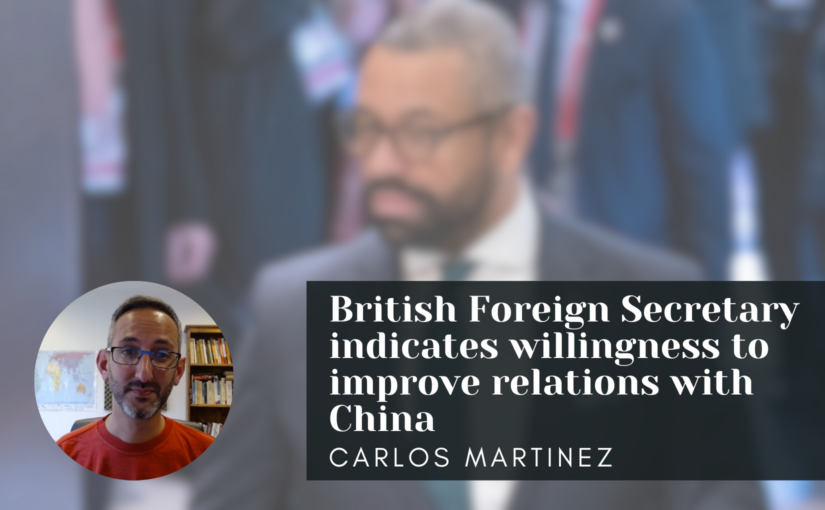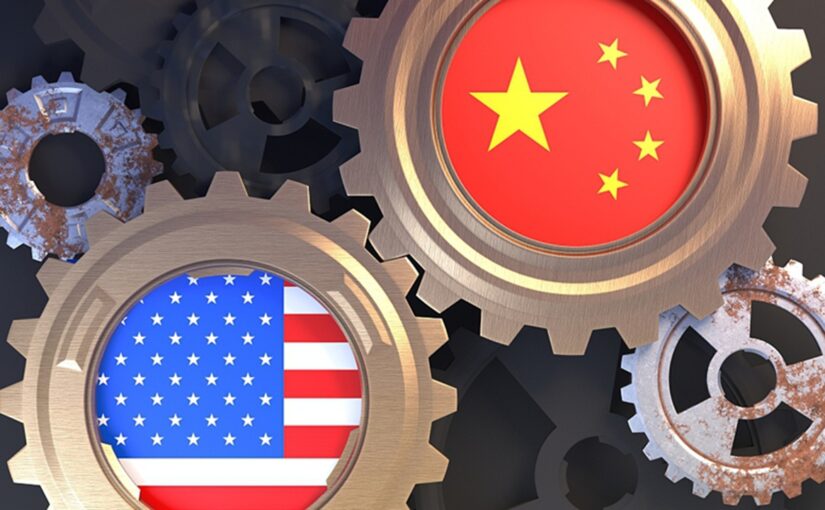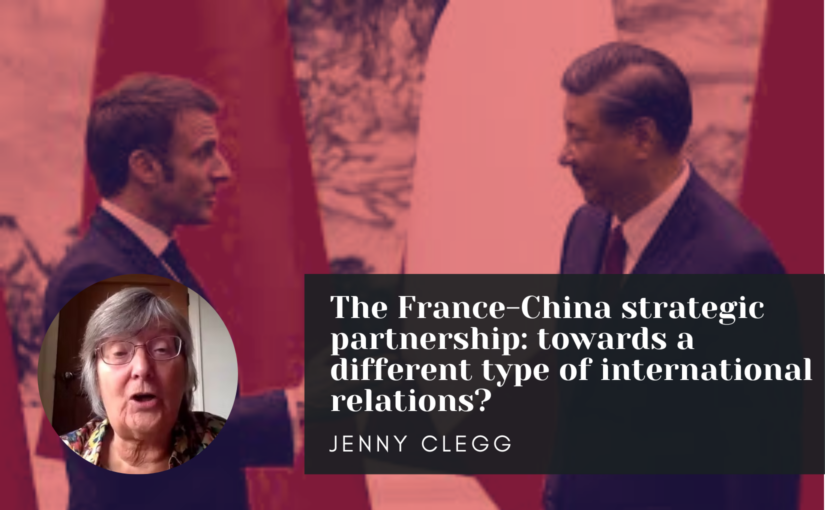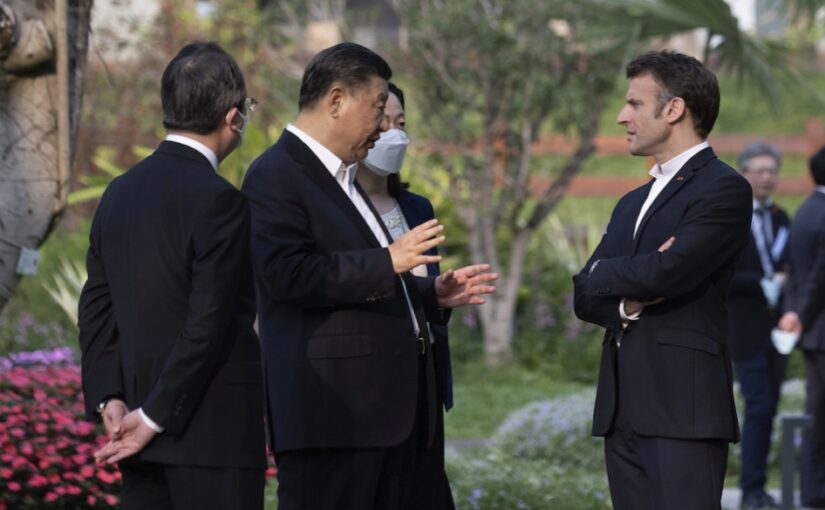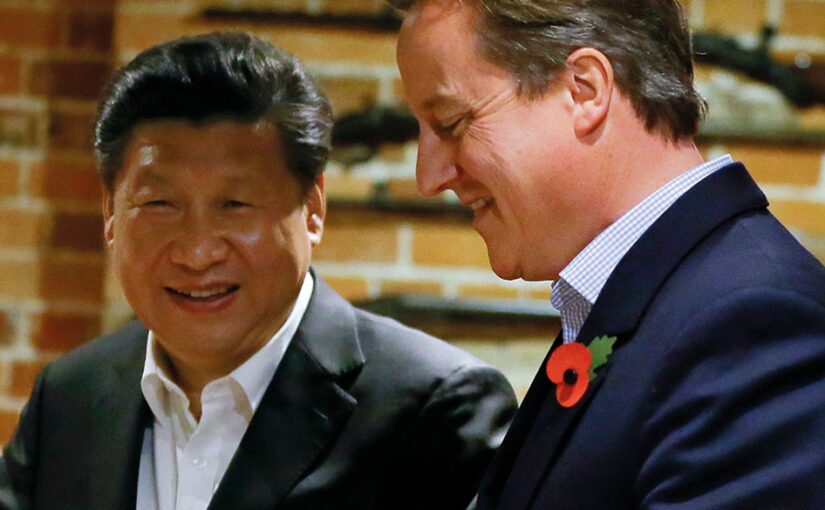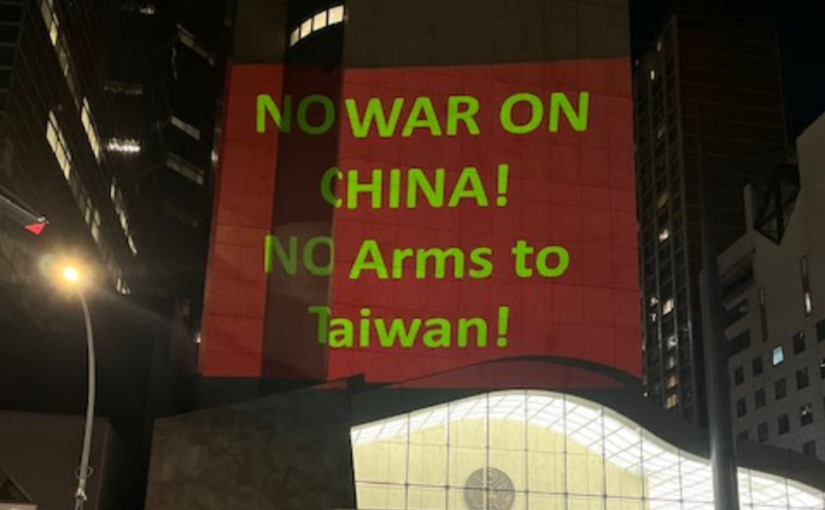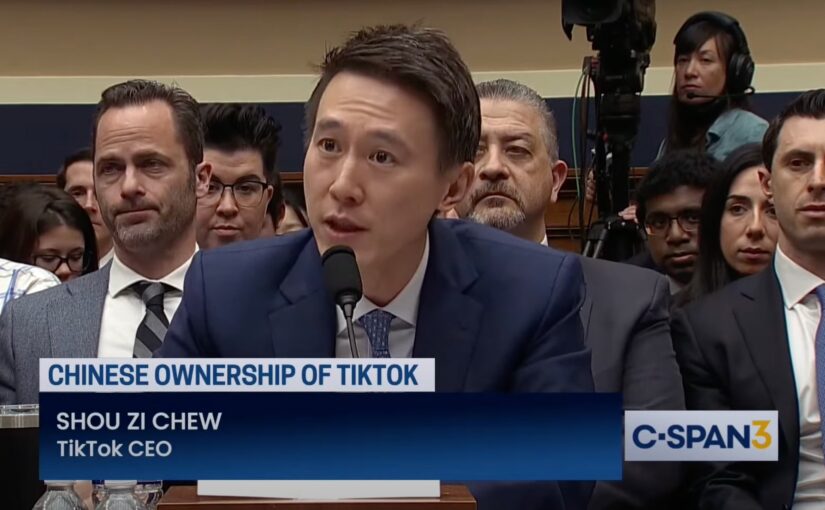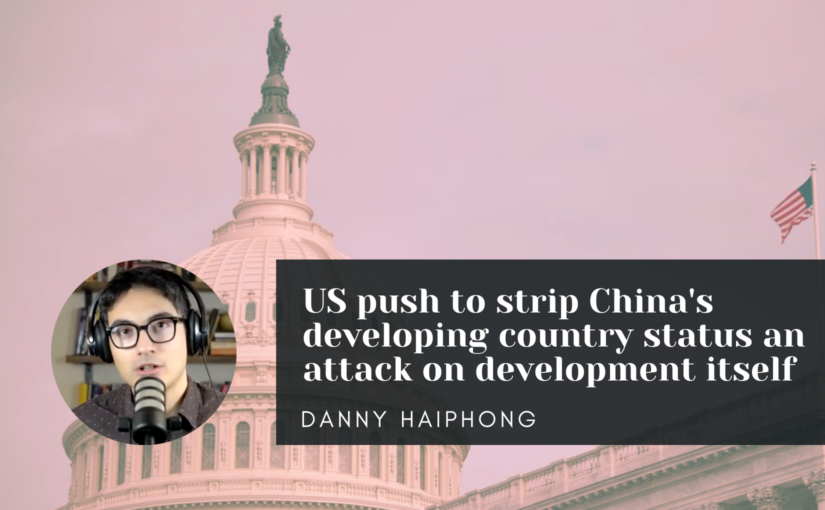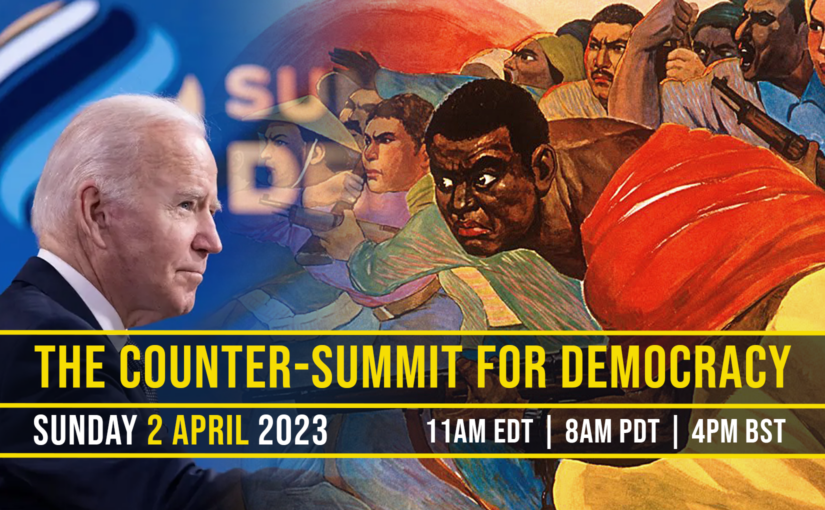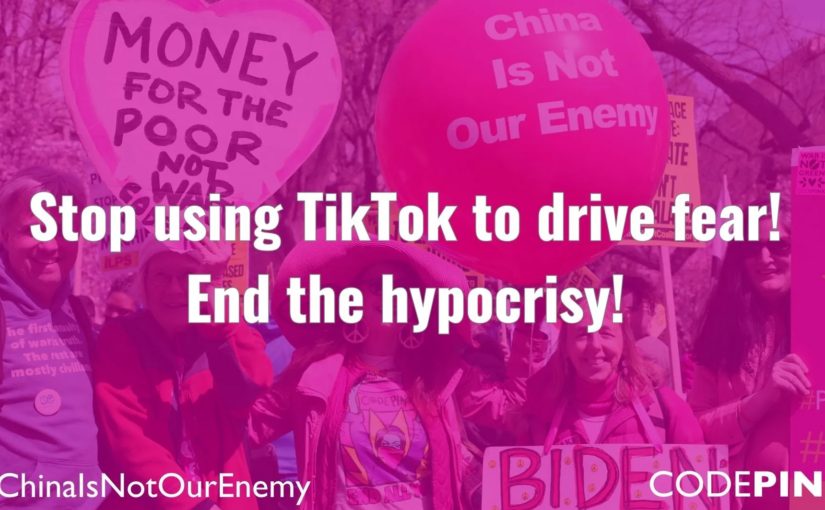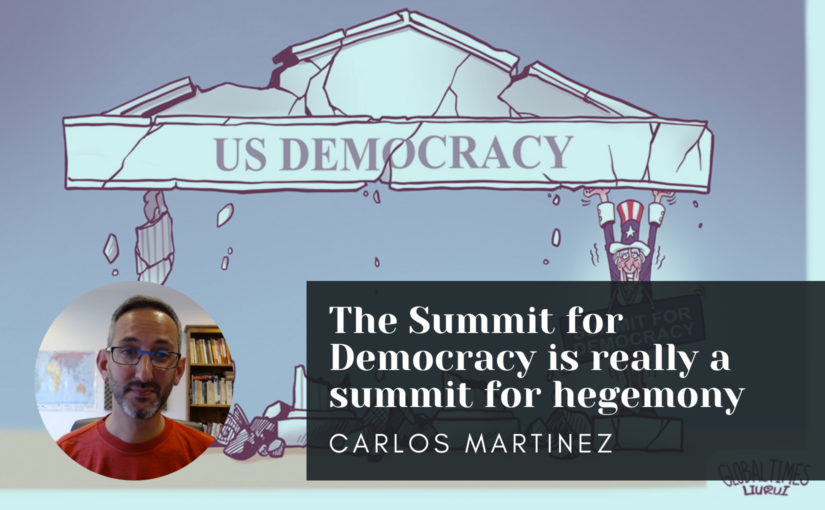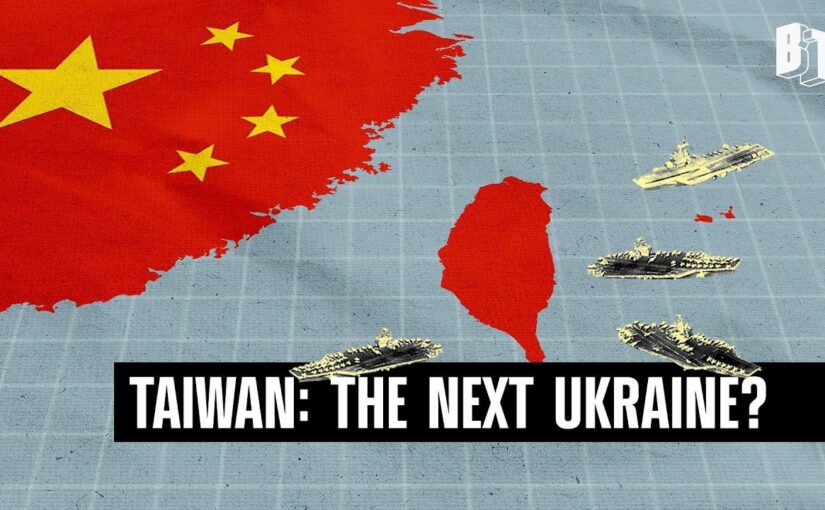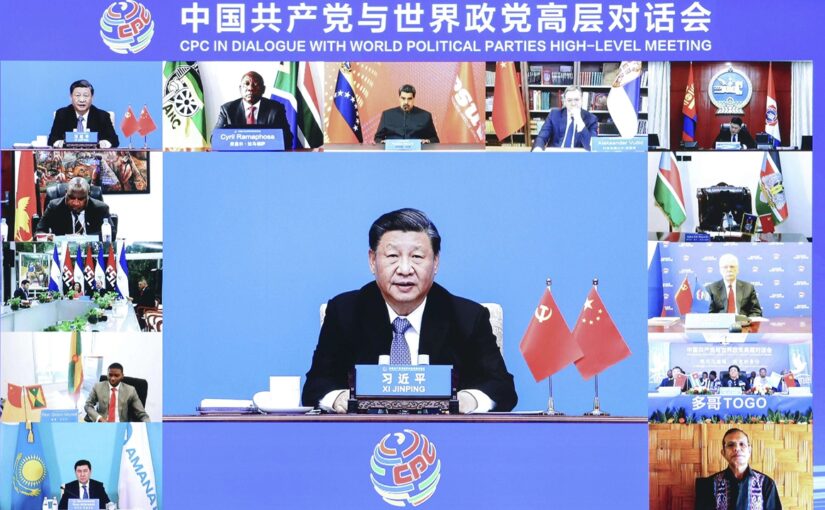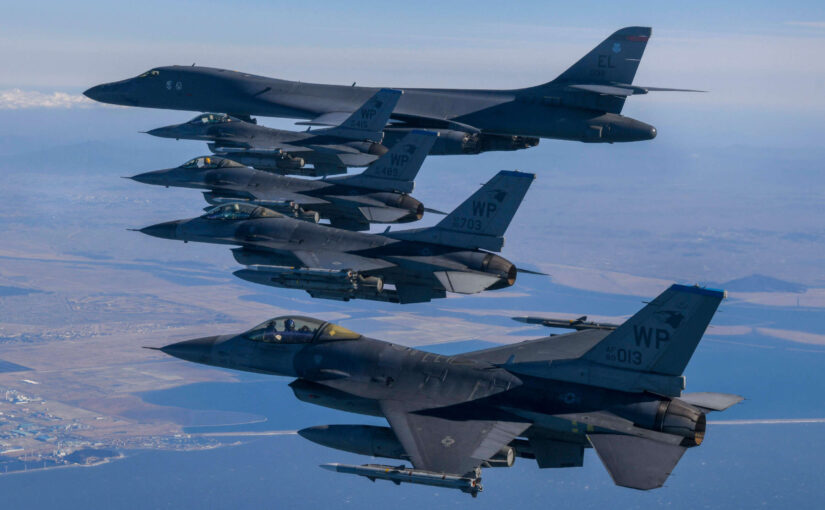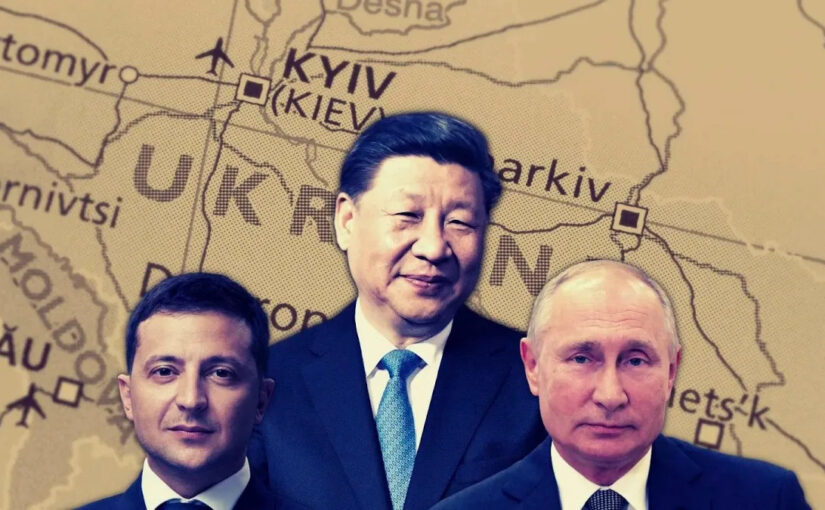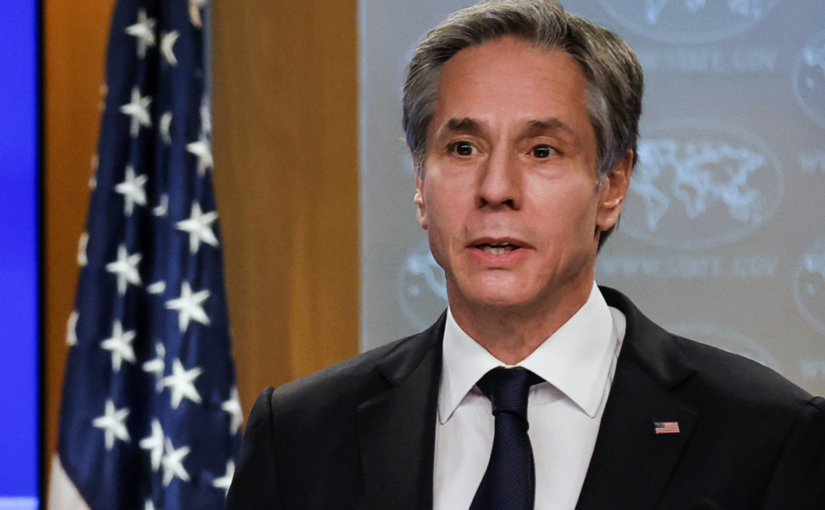This insightful article by Medea Benjamin, Marcy Winograd and Wei Yu, published in CODEPINK on 3 March 2023, analyzes the Biden administration’s kneejerk negative reaction to China’s recent position paper on the political settlement of the Ukraine crisis.
Biden, Blinken, Austin and Stoltenberg have all rubbished China’s credentials as a peacemaker, pointing to the fact that China has not condemned Russia, and accusing China of planning to provide Russia with military support. The authors make the important point that “it is the US, not China, that is fueling the conflict with at least $45 billion dollars in ammunition, drones, tanks and rockets in a proxy war that risks – with one miscalculation – turning the world to ash in a nuclear holocaust.” Furthermore “it is the US, not China, that has provoked this crisis by encouraging Ukraine to join NATO, a hostile military alliance that targets Russia in mock nuclear strikes, and by backing a 2014 coup of Ukraine’s democratically elected Russia-friendly president Viktor Yanukovych.”
China’s peace proposal calls for a negotiated peace; it calls for abandoning a Cold War mentality; it calls for an end to unilateral sanctions; and it states that “the legitimate security interests and concerns of all countries must be taken seriously and addressed properly.” Unfortunately the US cannot accept any of this. The US seeks precisely to keep the war going in order to further its Cold War agenda of weakening Russia and consolidating US hegemony over Europe. This is the real reason the Biden administration is so quick to dismiss China’s proposals.
It is a great shame for the people of Ukraine that peace is not on the US’s agenda. What’s more, as the authors point out, cooperation between the US and China on this question might also “pave the way for cooperation with China on all kinds of other issues – from medicine to education to climate – that would benefit the entire globe.”
There’s something irrational about President Biden’s knee-jerk dismissal of China’s 12-point peace proposal titled “China’s Position on the Political Settlement of the Ukraine Crisis.”
“Not rational” is how Biden described the plan that calls for de-escalation toward a ceasefire, respect for national sovereignty, establishment of humanitarian corridors and resumption of peace talks.
“Dialogue and negotiation are the only viable solution to the Ukraine crisis,” reads the plan. “All efforts conducive to the peaceful settlement of the crisis must be encouraged and supported.”
Biden turned thumbs down.
“I’ve seen nothing in the plan that would indicate that there is something that would be beneficial to anyone other than Russia if the Chinese plan were followed,” Biden told the press.
In a brutal conflict that has left thousands of dead Ukrainian civilians, hundreds of thousands of dead soldiers, eight million Ukrainians displaced from their homes, contamination of land, air and water, increased greenhouse gasses and disruption of the global food supply, China’s call for de-escalation would surely benefit someone in Ukraine.
Other points in China’s plan, which is really more a set of principles rather than a detailed proposal, call for protection for prisoners of war, cessation of attacks on civilians, safeguards for nuclear power plants and facilitation of grain exports.
“The idea that China is going to be negotiating the outcome of a war that’s a totally unjust war for Ukraine is just not rational,” said Biden.
Instead of engaging China–a country of 1.5 billion people, the world’s largest exporter, the owner of a trillion dollars in US debt and an industrial giant–in negotiating an end to the crisis in Ukraine, the Biden administration prefers to wag its finger and bark at China, warning it not to arm Russia in the conflict.
Psychologists might call this finger-wagging projection–the old pot calling the kettle black routine. It is the US, not China, that is fueling the conflict with at least $45 billion dollars in ammunition, drones, tanks and rockets in a proxy war that risks–with one miscalculation–turning the world to ash in a nuclear holocaust.
It is the US, not China, that has provoked this crisis by encouraging Ukraine to join NATO, a hostile military alliance that targets Russia in mock nuclear strikes, and by backing a 2014 coup of Ukraine’s democratically elected Russia-friendly president Viktor Yanukovych, thus triggering a civil war between Ukrainian nationalists and ethnic Russians in eastern Ukraine, regions Russia has more recently annexed.
Biden’s sour attitude toward the Chinese peace framework hardly comes as a surprise. After all, even former Israeli Prime Minister Naftali Bennett candidly acknowledged in a five-hour interview on YouTube that it was the West that last March blocked a near-peace deal he had mediated between Ukraine and Russia.
Why did the US block a peace deal? Why won’t President Biden provide a serious response to the Chinese peace plan, let alone engage the Chinese at a negotiating table?
President Biden and his coterie of neo-conservatives, among them Undersecretary of State Victoria Nuland, have no interest in peace if it means the US concedes hegemonic power to a multi-polar world untethered from the all-mighty dollar.
What may have gotten Biden unnerved—besides the possibility that China might emerge the hero in this bloody saga—is China’s call for the lifting of unilateral sanctions. The US imposes unilateral sanctions on officials and companies from Russia, China and Iran. It imposes sanctions on whole countries, too, like Cuba, where a cruel 60-year embargo, plus assignment to the State Sponsor of Terrorism list, made it difficult for Cuba to obtain syringes to administer its own vaccines during the COVID pandemic. Oh, and let’s not forget Syria, where after an earthquake killed tens of thousands and left hundreds of thousands homeless, the country struggles to receive medicine and blankets due to US sanctions that discourage humanitarian aid workers from operating inside Syria.
Despite China’s insistence it is not considering weapons shipments to Russia, Reuters reports the Biden administration is taking the pulse of G-7 countries to see if they would approve new sanctions against China if that country provides Russia with military support.
The idea that China could play a positive role was also dismissed by NATO Secretary General Jens Stoltenberg, who said, “China doesn’t have much credibility because they have not been able to condemn the illegal invasion of Ukraine.”
Ditto from US Secretary of State Antony Blinken, who told ABC’s Good Morning America, “China has been trying to have it both ways: It’s on the one hand trying to present itself publicly as neutral and seeking peace, while at the same time it is talking up Russia’s false narrative about the war.”
False narrative or different perspective?
In August of 2022, China’s ambassador to Moscow charged that the United States was the “main instigator”of the Ukraine war, provoking Russia with NATO expansion to Russia’s borders.
This is not an uncommon perspective and is one shared by economist Jeffrey Sachs who, in a February 25, 2023 video directed at thousands of anti-war protesters in Berlin, said the war in Ukraine did not start a year ago, but nine years ago when the US backed the coup that overthrew Yanukovych after he preferred Russia’s loan terms to the European Union’s offer.
Shortly after China released its peace framework, the Kremlin responded cautiously, lauding the Chinese effort to help but adding that the details “need to be painstakingly analyzed taking into account the interests of all the different sides.” As for Ukraine, President Zelinsky hopes to meet soon with Chinese President Xi Jinping to explore China’s peace proposal and dissuade China from supplying weapons to Russia.
The peace proposal garnered more positive response from countries neighboring the warring states. Putin’s ally in Belarus, leader Alexander Lukashenko, said his country “fully supports” the Beijing plan. Kazakhstan approved of China’s peace framework in a statement describing it as “worthy of support.” Prime Minister of Hungary Viktor Orbán–who wants his country to stay out of the war– also showed support for the proposal.
China’s call for a peaceful solution stands in stark contrast to US warmongering this past year, when Secretary of Defense Lloyd Austin, a former Raytheon board member, said the US aims to weaken Russia, presumably for regime change–a strategy that failed miserably in Afghanistan where a near 20-year US occupation left the country broke and starving.
China’s support for de-escalation is consistent with its long-standing opposition to US/NATO expansion, now extending into the Pacific with hundreds of US bases encircling China, including a new base in Guam to house 5,000 marines. From China’s perspective, US militarism jeopardizes the peaceful reunification of the People’s Republic of China with its break-away province of Taiwan. For China, Taiwan is unfinished business, left over from the civil war 70 years ago.
In provocations reminiscent of US meddling in Ukraine, a hawkish Congress last year approved $10 billion in weapons and military training for Taiwan, while House leader Nancy Pelosi flew to Taipei – over protests from her constituents–to whip up tension in a move that brought US-China climate cooperation to a halt.
A US willingness to work with China on a peace plan for Ukraine might not only help stop the daily loss of lives in Ukraine and prevent a nuclear confrontation, but also pave the way for cooperation with China on all kinds of other issues–from medicine to education to climate–that would benefit the entire globe.
